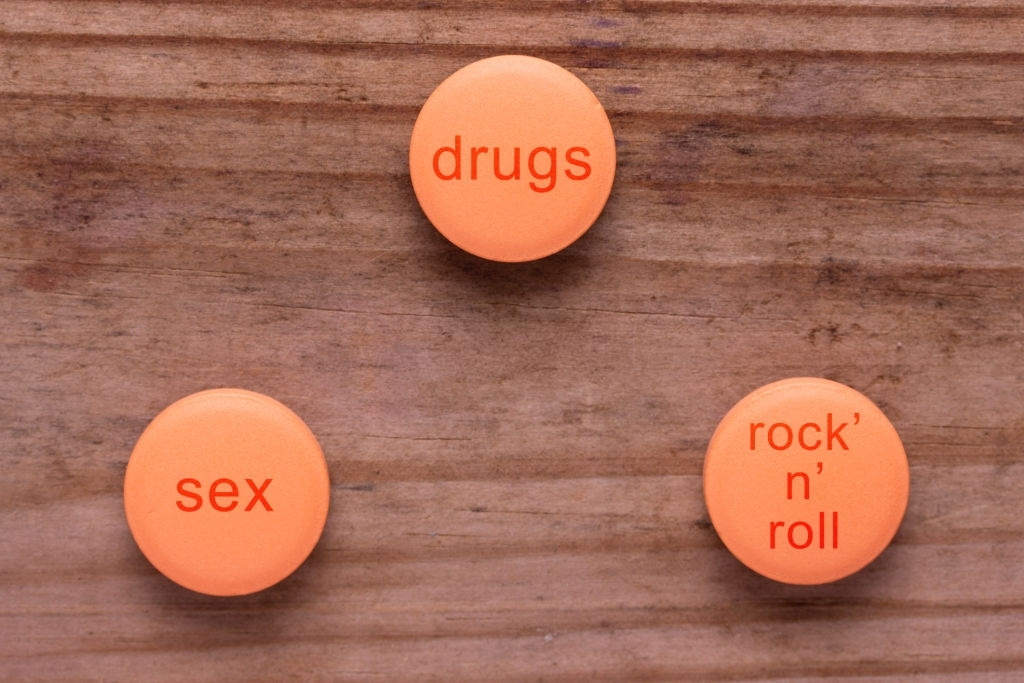A Canadian study has confirmed what parents have long suspected: dating, sexual activity and substance use seem to make teens feel older than they really are. And, as adolescents get older, the gap between their chronological age and their self-perceived age widens.
Researchers at the University of Alberta in Edmonton, with assistance from the University of Victoria, surveyed a random sample of nearly 700 adolescents from a medium-sized North American city and asked them questions about dating, sexual experience, smoking, alcohol and drug use. The participants, males and females between 12 to 19 years of age, were also asked how old they felt compared to their same-sex peers. Survey results indicated that, as is typical for teens, the sample felt older than their chronological age.
Kelly Arbeau, a doctoral student in psychology at the University of Alberta and co-author of the study, explained that she and her fellow researchers set out to find what’s behind the discrepancy between how old teens feel and how old they really are.
“We found that specific behaviors do have an effect on adolescents’ self-perceived age,” said Arbeau. “For example, having an older dating partner seems to give a teen a higher subjective experience of age.”
Sexual activity, especially starting at an earlier age, was found to have an important relationship to teens’ subjective experience of age (SEA). “Sexual experience is unequivocally the realm of adult behavior,” Arbeau explained. “So, when teens are having sex and their peers aren’t, it can make them feel more adult, more mature than their non-experienced counterparts.”
Smoking (in boys), higher alcohol use and higher drug use were also related to an older SEA. These results suggest an increasing discrepancy between SEA and chronological age across the teen years as young people experience the normative changes associated with adolescence. People in their 20s feel about the age they are or slightly older, but after age 30 and into old age, the average person has an SEA that is younger than his or her chronological age. Adolescence is the only point in the lifespan during which individuals consistently feel older than they are chronologically.
As for the popular wisdom that girls mature earlier than boys, the results of the study seem to support that, with girls more likely to feel older than are boys. This may shed some light on why companies are more likely to target teen girls than teen boys with products once considered only for adults.
The study appears in the June 2007 issue of the Journal of Adolescence.
Source: University of Alberta
Source: Physorg.com
